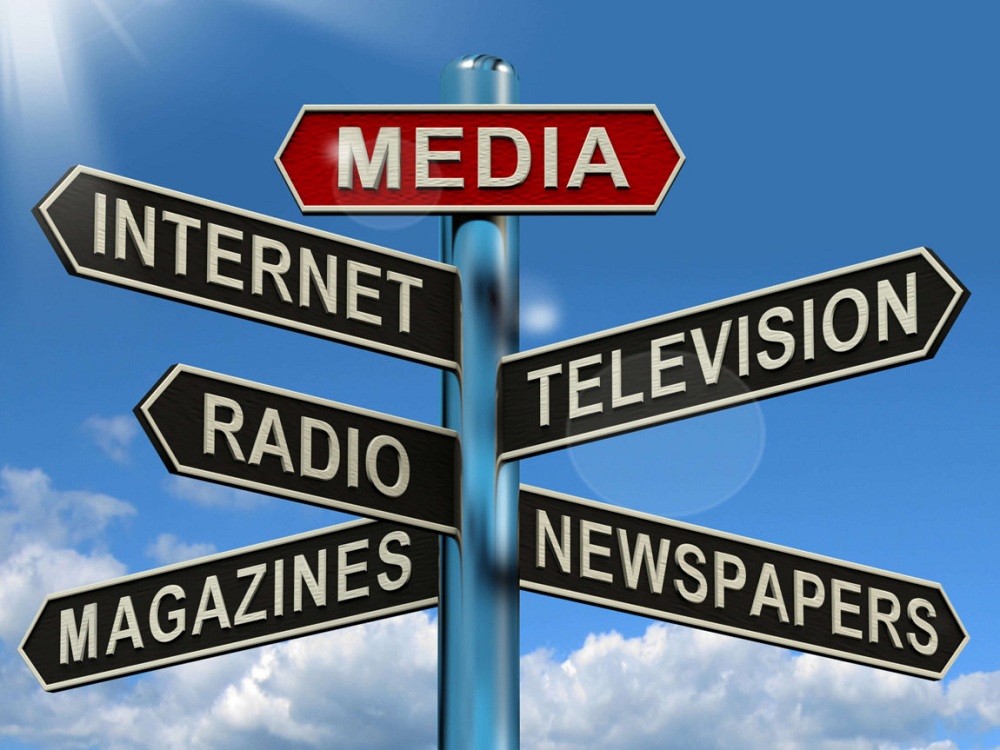In 2019, journalism will continue to be bad for democracy.
The media has always considered itself a defender of democracy, a critical part of society with rights enshrined in the Bill of Rights.
But having (and celebrating) a free press isn’t enough to advance democracy.
Protest coverage may include individual voices from the protests as illustrations to the story — but it “balances” that with the stories of property damage and inconvenience to others. We don’t delve into the deeper reasons why people are protesting.
The story of the NFL protests has lost any perspective of why Colin Kaepernick chose to take a knee and instead focuses on who else is taking the knee and which owners will react in what way. If we don’t tell the story in a way that puts the reasons people are protesting front and centre, we damage our democracy.
To be good for democracy, we have to reframe how we think about the news. Those who decide what is news are primarily white and from an established and privileged class.
That may mean we see news from Washington as a higher priority for day-to-day coverage than issues that affect masses of people — environmental justice, education, how economic trends affect more than just those with 401(k)s, the way government serves or fails people, and others.
It may be easier to invest in coverage of the White House, especially when it brings ratings, but I would contend it doesn’t actually give people the information they need to participate in a democracy.
We say we aspire to be a more diverse industry. Until we empower people of colour, and those with different economic backgrounds and diverse experiences of the world that shape their perspective, we cannot expect those audiences who share those racial or economic backgrounds to trust that the media is there to serve them.
If we only allow the voices of white people from established backgrounds who have long held power to shape our news, we will continue to harm our democracy.
Journalism fails at showing the systems that drive our society. Individual events and situations may make a good story, but they only illustrate the consequences of the underlying system.
If journalism only shows the visible effects of those systems, the people don’t know how to affect it.
I believe journalism fails if it doesn’t place those individual events in the context of the underlying whole. Our audiences need to understand the systems that shape our society, what forces drive that system, and at what points you can use a force to change the system.
Let me show a positive example of coverage that reveals the underlying system and empowers the public to advocate for change.
Several news organisations have invested in covering the disparity in infant mortality among black babies. Bad coverage would stop there, with the public having little idea what to do to change that outcome.
Some of the great coverage we saw in 2018 dug into the underlying causes and revealed the next level: that poor infant outcomes are driven by stresses on mothers before and during pregnancy.
Dig further and we reveal the next: the constant experience of racism causes the stress on black women.
When journalism frames the coverage around the source instead of just the outcome of heightened infant mortality, audiences have the information they need to advocate for effective social change.
Finally, journalism isn’t good at empowering people to change society. We all know the media landscape is exhausting; we — and our audiences — are all burned out from the daily scandals that don’t actually change anything.
But when we treat the sideshow as the main show, we actually disempower our readers. The world feels out of their hands; they think there’s nothing they can do to change it. Work that is good for democracy has to leave our audiences understanding what they can do.
We may say journalism holds the powerful to account. In reality, journalism reveals what is going on, and our audiences take action to make that a reality.
If we don’t empower our audiences to take those actions, we’re damaging our democracy.
I spend a lot of my professional time convincing people to take money out of their own pockets to invest in our work.
That makes these problems especially vital to me: I put my personal credibility out there every day telling people what we do is essential to society.
We have long celebrated our vision of how journalism enhances democracy. Until we take the steps to change our industry, though, journalism will continue to be bad for democracy.













Leave a comment